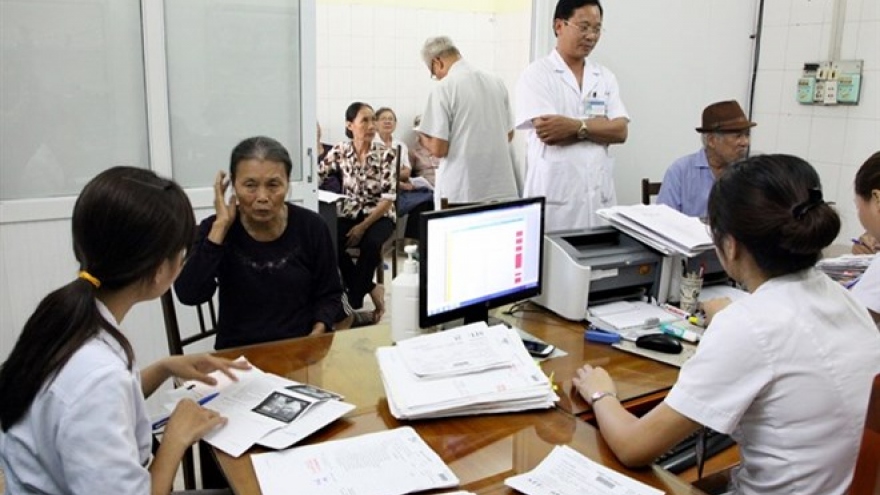Legal inconsistency hinders social insurance debt lawsuit efforts
Transferring the right of suing companies for overdue social insurance payment to workplace-based trade unions has not been as effective as lawmakers had expected.
 |
Worse still, there were only some 235,000 enterprises registered with social insurance, while the database of the tax authorities indicated that nearly 500,000 businesses were operating in Vietnam.
"It means that nearly 50 percent of the enterprises are yet to pay social insurance, or in other words are evading social insurance payment," Anh said.
Suing these companies was an option that had proven to be effective, at least in the past. Before transferring the task of suing to trade unions, the VSI was able to file some 8,000 cases in court, half of which were settled, helping it collect 9.8 trillion VND in overdue insurance debt.
The National Assembly, however, thought it was inappropriate for the VSI to do both inspection and court work, and decided to let trade unions manage the legal proceedings by voting through the Law on Social Insurance which came into effect on January 1 last year.
The results were, however, minimal. According to Vietnam General Confederation of Labour Vice President Mai Duc Chinh, out of 1,177 cases involving overdue social insurance payment that the VSI delivered to the unions, only 77 were filed in court. While majority of these companies agreed to pay the debt upon hearing of the lawsuits, some 17 cases were disappointingly rejected by the court, Chinh said.
"One of the reasons was inconsistency in the law," he said. "The Supreme Court argued that social insurance evasion was a banned activity and should be first resolved through administrative penalties by the VSI. If the companies continued to avoid paying the insurance, the case would then be brought to a criminal trial."
The Supreme Court’s decision was valid, since despite a regulation allowing lawsuits against companies under the social insurance law, the Civil Procedure Code failed to mention the matter, National Assembly’s Committee for Social Affairs Vice Chairman Bui Sy Loi said. The draft-amended Penal Code 2015 had regulations on social insurance evasion, however it was still waiting for the National Assembly to pass it through, he said.
Loi believed trade unions themselves also faced a lot of problems while filing lawsuits against the companies. The chairperson and members of a workplace union were all workers of a company and understandably were quite reluctant to go against their employer, he said. Another problem was the requirement to have authorisation from all members of the union to officially initiate a lawsuit, which could require hundreds of visits to the local People’s Committee or the notary office.
"I think there is a way around this, which is to dismiss the authorisation demand while letting local unions or labour federations file the lawsuit on behalf of workplace unions. They also have more legal resources and consultancy to start and follow a lawsuit compared with workplace unions anyway," Loi said. -


